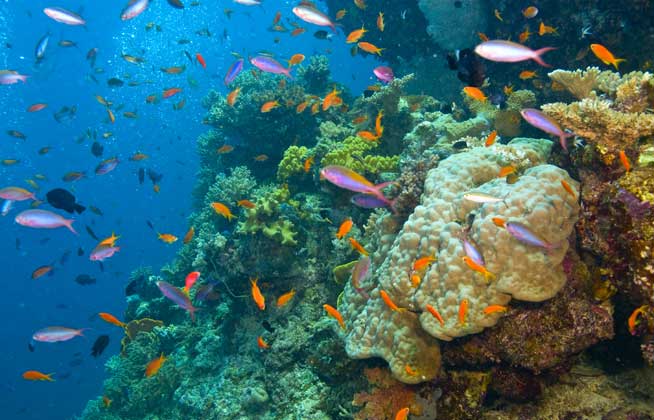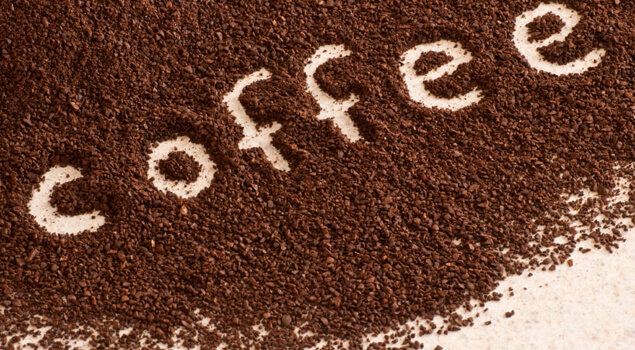Did You Know?!
Climate change is one of the greatest global threats to
coral reef ecosystems today. Coral
bleaching rates have spiked, as well as the number of infectious diseases.
Bleaching is when the These coral have lost their symbiotic Zooxanthellae,
which are the symbiotic algae that live in the hard or stony corals in nature
as well as the reef aquarium, due to heat stress, causing them to appear white
(2). Additionally, carbon dioxide absorbed into the ocean from the atmosphere
has already begun to reduce calcification rates in reef-building and
reef-associated organisms by altering sea water chemistry through decreases in
pH, which causes ocean acidification. If there is a failure to address carbon
emissions, the impacts of rising temperatures, and ocean acidification could
make many other coral ecosystem protection, basically, pointless. Much of the
carbon dioxide that enters the atmosphere dissolves into the ocean. In fact,
the oceans have absorbed about 1/3 of the carbon dioxide produced from human
activities since 1800 and about 1/2 of the carbon dioxide produced by burning
fossil fuels. As carbon dioxide in the ocean increases, ocean pH decreases,
making it become more acidic. With ocean acidification, corals cannot absorb
the calcium carbonate they need to maintain their skeletons and they will
dissolve. Already, ocean acidification has lowered the pH of the ocean by about
0.11 units, making the ocean's acidity to a current pH of 8.069, which means
the ocean is about 30% more acidic now than it was in 1751. If nothing is done
to reduce carbon dioxide emissions into the atmosphere, ocean acidification
will increase and more and more corals will be damaged or destroyed.
 So why are coral reefs so important? Snails, clams, and
urchins also make calcium carbonate shells and ocean acidification negatively
impacts these organisms as well. Just like corals, ocean acidification makes it
harder for these organisms to absorb the calcium carbonate they need to build
their shells (1). The coral bleaching also makes it harder for fish to live in
the reefs. Most of the brightly colored fish you see in the coral reefs are
there to live in the colored coral to hide from predators. Likewise, bleaching
causes the algae many organisms use as a food source to die off, leaving them desperate
to find a new home.
So why are coral reefs so important? Snails, clams, and
urchins also make calcium carbonate shells and ocean acidification negatively
impacts these organisms as well. Just like corals, ocean acidification makes it
harder for these organisms to absorb the calcium carbonate they need to build
their shells (1). The coral bleaching also makes it harder for fish to live in
the reefs. Most of the brightly colored fish you see in the coral reefs are
there to live in the colored coral to hide from predators. Likewise, bleaching
causes the algae many organisms use as a food source to die off, leaving them desperate
to find a new home.
Climate change also affects the coral reefs, such as the
Great Barrier Reef in Australia, with much more intense weather. Flood plumes
and cyclone Yasi affected very large areas of coral reefs in the Great Barrier
Reef Marine Park. Cyclone damage was both severe and widespread, and approximately
6 of the reef area in the Marine Park suffered severe damage, with broken
corals reported across an area exceeding a little over 55,000 miles of the reef.


